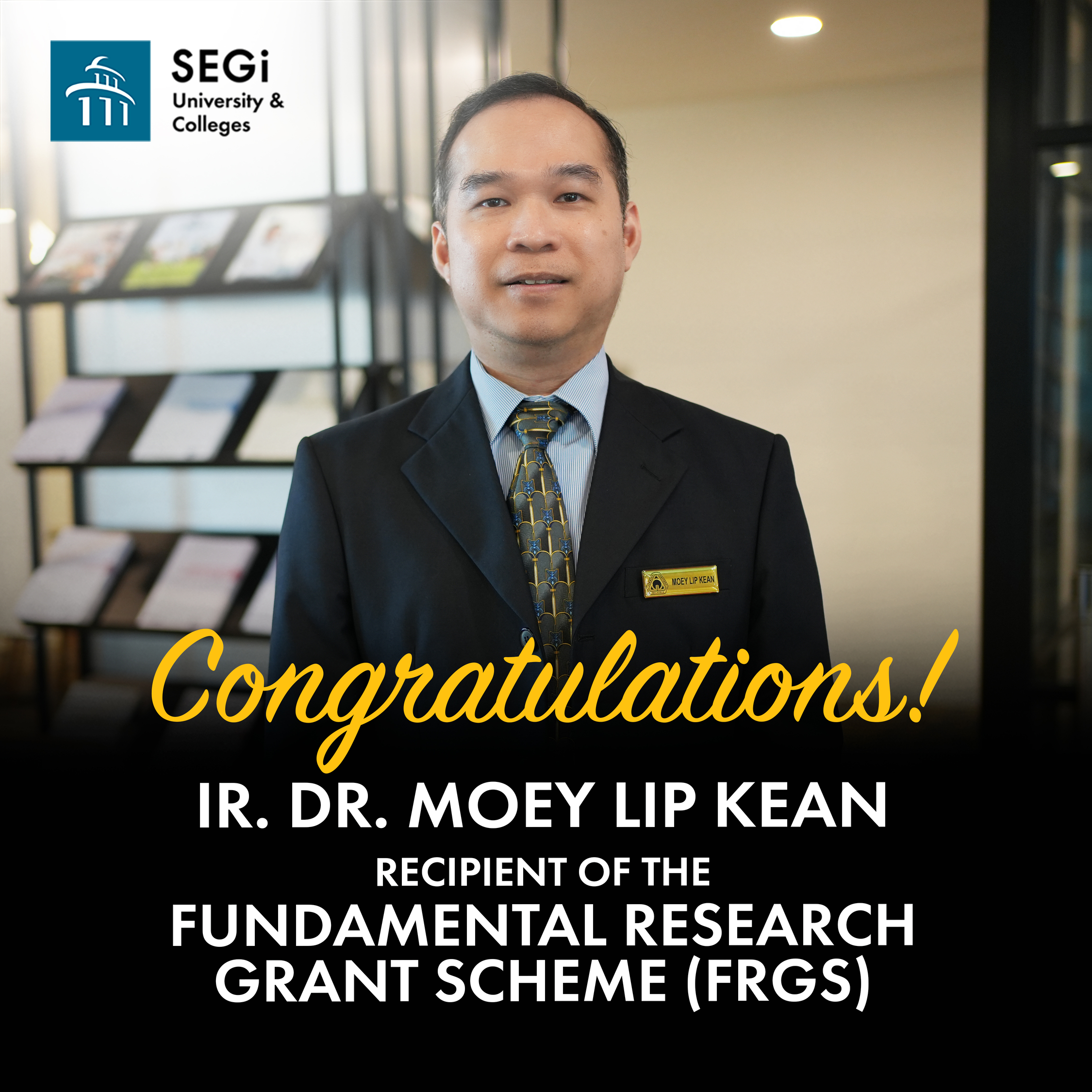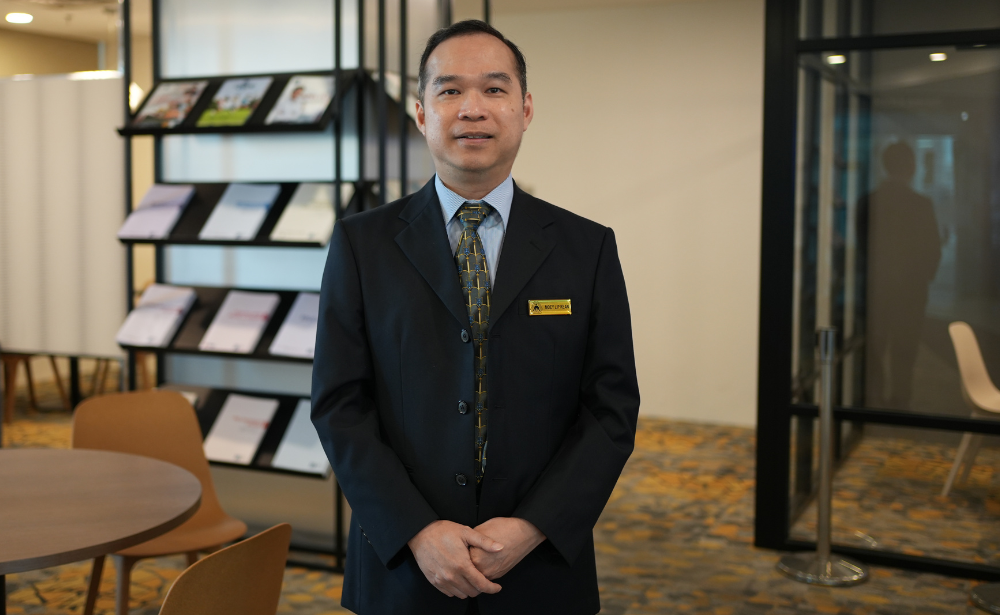In the heart of Malaysia’s bustling manufacturing sector, where the hum of machinery blends with the pulse of economic growth, a revolutionary research project has been undertaken. Driven by the urgent need to combat high energy consumption and greenhouse gas emissions associated with mechanical cooling systems, this research delves deep into the realm of natural ventilation strategies. The absence of extensive research in tropical climates has long pushed the industry towards energy-intensive mechanical solutions, creating an environmental dilemma. However, this pioneering study is set to change the narrative, offering a glimmer of hope through innovative natural ventilation solutions.
In the pursuit of ground-breaking research, it is essential to acknowledge the driving force behind these transformative endeavours, one of whom is Ir Dr Moey Lip Kean, a recipient of the fundamental research grant scheme (FRGS) for Phase 1 in 2023 by the Ministry of Higher Education (MOHE).
Ir Dr Moey, who is a senior lecturer in mechanical engineering within the Faculty of Engineering, Built Environment & Information Technology (FoEBEIT), received a grant of RM166,300 for his project entitled, ‘Development of Natural Ventilation Design Framework for Sustainable Factory Buildings in Hot and Humid Climates’.
Joining Ir Dr Moey in this project: Su Vin Cent @ Tai Vin Cent, Dr Go Tze Fong and Cheong Kuen Hou from SEGi University, Prof Ir Dr Kamarul Arifin Ahmad from Universiti Putra Malaysia, and Nor Aslinda Awang from National Hydraulic Research Institute Malaysia (NAHRIM).
Ir Dr Moey’s project aims to tackle high energy use and greenhouse gas emissions (GHG) from cooling systems used in factory buildings in tropical climates. By meticulously studying various design parameters, including building orientation, window placements, indoor partitions, and roof designs, the research aims to devise optimal natural ventilation methods.
These strategies not only promise significant reductions in energy consumption and greenhouse gas emissions but also strive to enhance thermal comfort within factory buildings. This aligns with climate policies like the Twelfth Malaysia Plan (2021-2025) and the Green Technology Master Plan (2017-2030), emphasising sustainability and energy reduction per Low Carbon Cities Framework guidelines.
The implications of this research extend far beyond the confines of academia. Architects, engineers, and building designers are poised to benefit immensely from these findings. By enhancing energy efficiency and thermal comfort, the industry can embrace sustainable practices that align seamlessly with national and international policies on climate change.
It’s a testament to Malaysia’s commitment to transforming its manufacturing sector into a beacon of sustainability. With Ir Dr Moey’s leadership, the invaluable support of research funding, and the collective efforts of the scientific community, Malaysia is taking a giant stride towards a future where industry and nature walk hand in hand, fostering prosperity while preserving the planet.
Heartfelt congratulations once again, Ir Dr Moey, for your exceptional accomplishment. We wish you continued success in completing your research project.


